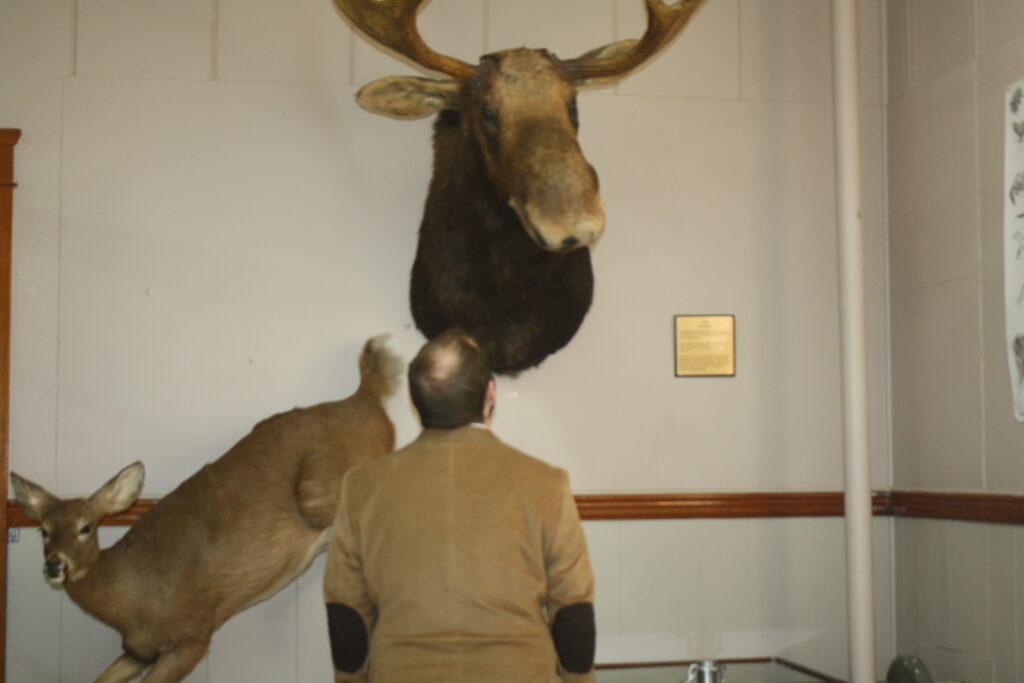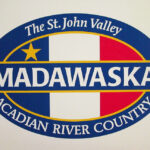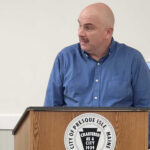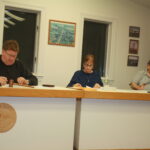
CARIBOU, Maine – When the Nylander Museum of Natural History in Caribou closed at the height of COVID, city officials were uncertain if its doors would ever reopen. Now the museum is coming back thanks to community advocates.
Aroostook has no shortage of museums that showcase the historic stories, artifacts and cultural traditions of the region’s people. There are museums across The County focused on shared heritage, including the Mi’kmaq Nation and Maine’s first Swedish Colony, or topics like aviation and agriculture. Most recently, volunteers reopened the Caribou Historical Center & Museum, which details stories of historical figures and time periods in the city.
But the Nylander remains Aroostook’s only museum fully dedicated to the region’s natural history thanks to a preserved collection from one of Caribou’s most well-known residents.
Olof Nylander immigrated to the United States from Sweden in 1883 and eventually settled in Caribou. He was a self-taught naturalist fascinated with flora, fauna, fossils and geological specimens who often traveled to the Maine coast, throughout Aroostook County and even the world.
Nylander was the first curator of the Caribou museum named after him. He oversaw his collection there until his death in 1943 at age 79. A life-sized wax figure of Nylander sits in the museum’s South Gallery surrounded by displays of his geological and paleontological artifacts.
Nylander collected so many specimens throughout his life that Museum Director Peter Baldwin and staff are still only 30 percent finished with digital cataloging. They started the digital archives in early 2022 and are still sorting through all Nylander’s specimens.
“[For example] there are thousands of freshwater snails in the archives, thousands of snail shell fossils and hundreds of geological specimens,” Baldwin said.

But that’s not all Nylander was known for. In the museum’s North Gallery, visitors will find taxidermied white-tail deer, moose, black bear, fox, coyote, loons and other animal and bird species, most of which Nylander donated from his personal collection.
Nylander’s sea shells and fossils of creatures like crabs and insects came from as far away as Maine’s Casco and Penobscot bays, Mount Desert and Bailey islands, Rhode Island, New Brunswick, British Columbia, Cuba, New Zealand, Sri Lanka, Angola and Brazil. He even discovered two snail species on his own, both of which were named after him.
Nylander’s collection is so varied and unique that the Smithsonian and National Museum of Canada have unsuccessfully attempted to acquire it from the city, which has owned and overseen the Nylander Museum since 1939, when the building opened.
“Places like the [Caribou] library and Historical Center have histories of the people, but the Nylander has our only natural record of the area itself,” Baldwin said. “The city’s support over the years has allowed the collection to survive.”
But the Nylander struggled even before COVID to bring in visitors, prompting officials to wonder if the city should still fund the museum.
The Nylander has been a city department since 1939, with its funding derived from the city’s annual budget. In 2017, councilors decided to continue funding the museum so long as its board of directors could bring in more people.
“There was a [museum] board but there wasn’t much going on there,” said Joan Theriault, a city councilor. “We felt that if we weren’t going to use the museum, we were going to lose it.”

For a while, the board succeeded in drawing hundreds of visitors through school field trips, private tours and popular family events like Dino Days and Bugging You. But as the state shut down in March 2020 at the start of COVID, so did the Nylander.
The museum briefly reopened in summer 2020 thanks to an AmeriCorps VISTA volunteer but COVID restrictions continued to discourage visitors. In 2021, water leaks led to the museum closing again for repairs. That year the city council dissolved the Nylander’s board of directors and appointed Baldwin, also director of Caribou Public Library, to oversee the collection.
From the time he started his new role in 2022, Baldwin was determined to reopen the museum permanently. But it was not until city councilors appointed a new working advisory board this year that the momentum truly built up.
“We have a board that is bringing good ideas and I think they’re going to take the museum to the next level,” Theriault said. “Under Peter’s guidance, I think the Nylander will be here for a long time.”
At least 30 people attended the Nylander’s soft opening on October 14, Baldwin said. The museum is now open to the general public Saturday and Sunday 9 a.m. to 1 p.m. and for private tours during the week.
This Saturday, the museum is hosting its first public event: a visit with live owls from the Chewonki Traveling Natural History Program. Sessions will be held 11 a.m. and 12:30 p.m. Space is limited to 30 people per session, so folks must register by emailing nylander@cariboumaine.org. Both events have free admissions.
Baldwin and board members hope to bring back and expand the Nylander’s family programs and are thinking of how to incorporate more hands-on activities during school field trips. The museum will welcome its first group of local students in December.
With city staff and board members working more collaboratively, the Nylander could have an even more successful future, Baldwin said.
“When I took over, I basically wanted to see the doors open and invite the public back,” Baldwin said. “But now I’m seeing the spirit of the museum return again because of these partnerships. The museum isn’t just opened, it’s moving again.”







